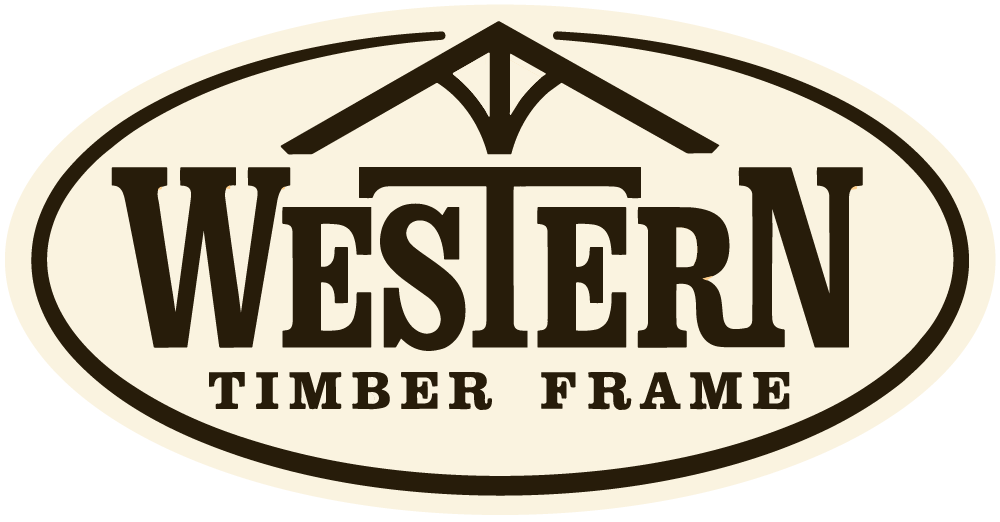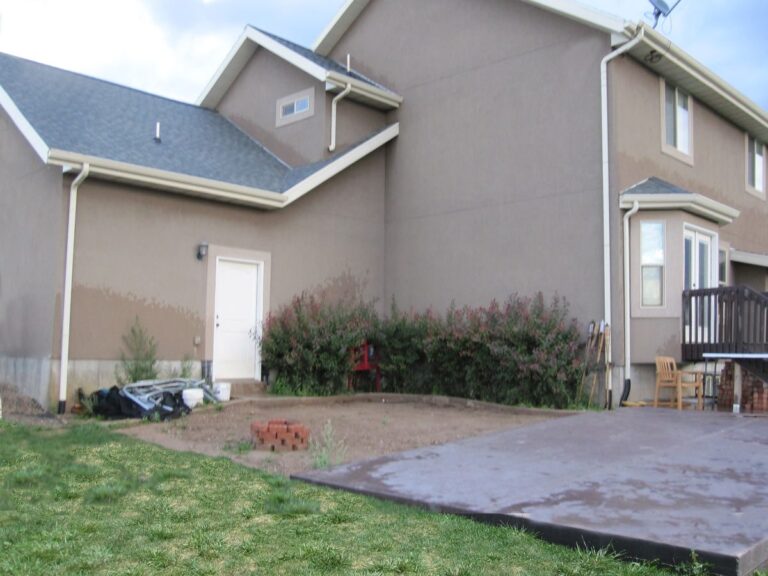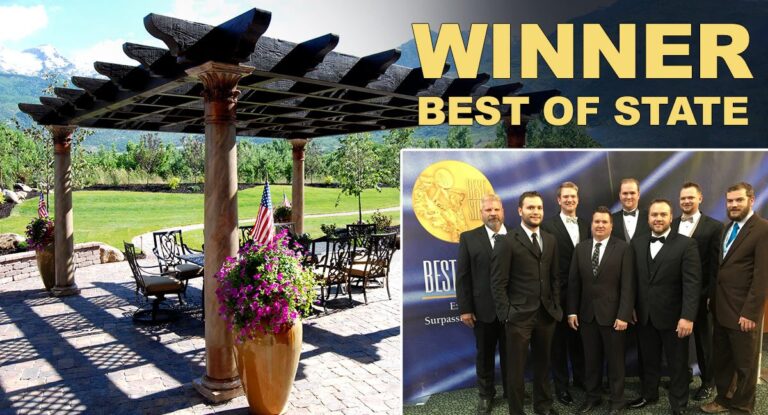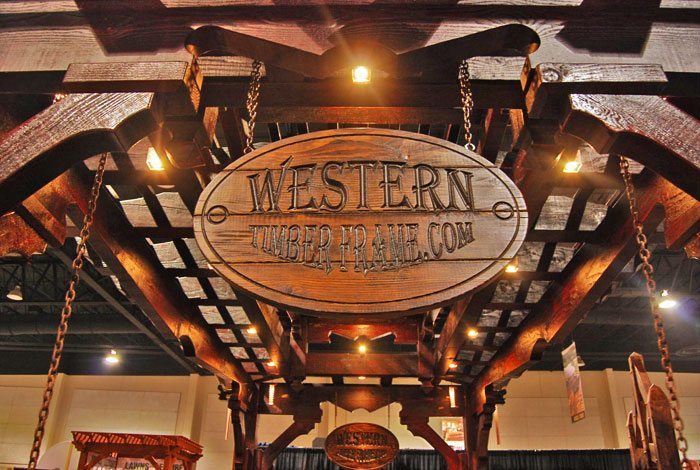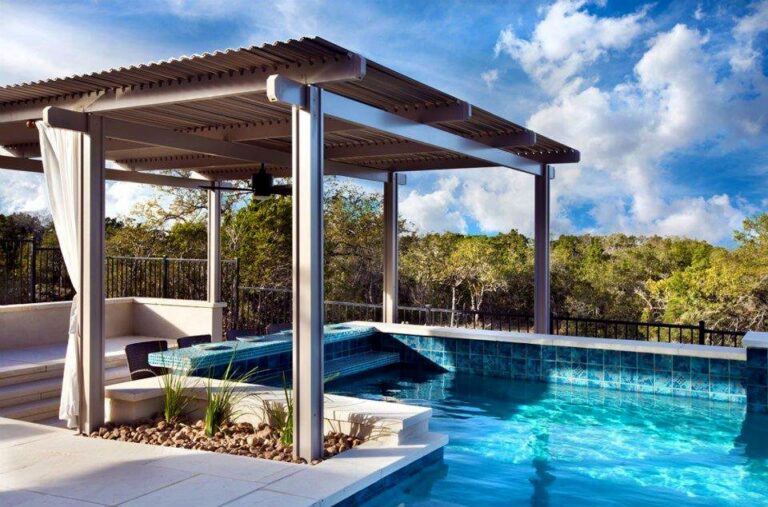Best Choice for Comfort, Quality & Shade in Outdoor Pergolas
Outdoor structures such as a pergola, pavilion, gazebo or cabana is designed for the purpose of offering protection from the elements, mainly the heat so the outdoors can be enjoyed in comfort. When selecting the right material for an outdoor pergola, there are three main materials commercially offered to choose from; vinyl, aluminum or timber frame. Let’s take a quick look at these three available options.

Vinyl

Vinyl’s initial low cost for a pergola can be attractive to some. For others, vinyl has a cheap aesthetic look spoiling the appearance of the home and procures a cost beyond its value.
Vinyl is often advertised as “maintenance free”. Vinyl is a plastic product, polyvinyl chloride and commonly abbreviated as PVC. All plastics degrade and depreciate in all environmental settings. The U.S. Department of Energy affirms that vinyl can crack at very low temperatures and can warp at high temperatures and over time vinyl can turn yellowish, losing its color and degrade. When the temperature reaches 140° C it starts to decompose, at 160° C it will melt. UV light stabilizers are added to reduce inevitable weakening and degradation caused from heat and to increase the longevity of vinyl. Vinyl manufacturers use larger components such as metal stiffeners and wood additives in order to offset the problems vinyl has needing further reinforcements to help it to be a viable product.
Manufacturers of vinyl products do not warranty providing protection against failure or defects of distortion or melting due to various heat sources which most include simple everyday probable heat sources such as barbeque grills, fire pits, excessive sky, door or window reflections. Some even recommend landscaping to alleviate reflections. This is due to the instability of vinyl, which will eventually break down in the direct sunlight.
The greatest downfall of vinyl is its long term expense being environmentally costly and so difficult to responsibly dispose of it. It cannot be burned because of its extremely toxic dioxin gases. As for a pergola, vinyl does not carry the strength or thermal properties required to withstand strong winds or shield from the harsh elements for a sound, comfortable pergola. Vinyl does however, have better insulating and thermal qualities over aluminum.

Aluminum
On the plus side, aluminum does not decompose like vinyl and is much easier to recycle than vinyl but for shade and cooling off under a pergola, aluminum is the poorest of all choices. Metal cooking pots are often made from aluminum. This is because aluminum is an excellent conductor of heat and transfers the heat energy from the stove to the food so rapidly, whereas the handles of cooking pots are made from wood or plastic. This works well for cooking but not as well for pergolas where a comfortable shade is needed.
Aluminum is a lightweight, relatively soft and malleable metal, cold to touch. Any aluminum product can scratch, dent or chip with use and aluminum tends to trap dirt, which requires more cleaning and maintenance. Aluminum is sometimes painted to imitate a more natural look of wood but nothing compares to the look or feel of real wood over wood itself. Like vinyl, aluminum does not carry the same security and strength of timber for a pergola. Most importantly when choosing a pergola for quality outdoor living, timber’s has a natural ability to regulate more comfortable temperatures.
Timber Wood
On this wonderful earth, genuine wood products are still of the finest, most dependable materials known to man with its long lasting benefits and positive influences upon our environment over man made synthetic alternatives. Wood rejuvenates and stimulates our senses with its warmth, smell, texture and variations of colors. Wood has some remarkable characteristics; bacteria will not reproduce itself on wood; it is earth friendly and given the right conditions it contains immortal-like properties that can last indefinitely. Just as amazing wood has the natural ability to regulate itself against the heat or cold. Wood is a poor conductor of heat and yet it is never cold to the touch, constantly keeping a natural balance of temperature. Wood is also less prone to condensation than aluminum or vinyl and is less affected by temperature extremes.
Wood creates a condition for comfort. Wood by nature is the world’s best insulator and is a poor conductor of heat. In the hot daytime wood will absorb heat in the air and at night when the temperatures lower wood lets out heat to keep a natural balance of temperature. Wood can carry two temperatures at the same time on either side. A timber frame pergola is unrivaled in strength, comfort and quality. Best of all, a timber frame pergola is earth friendly as well as being human friendly.

A Quick Note:
Fearful misconceptions circulate at times from lack of access or integral research concerning rot and wood boring insects within timber. Click here if you would like to view a few fascinating facts about Rot or Wood Destroying Organisms and the amazing properties of timber.
